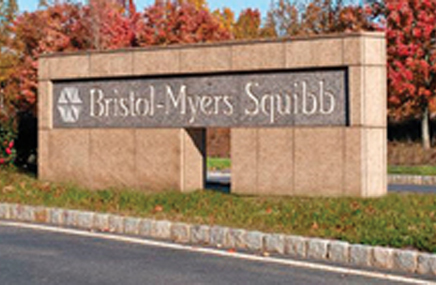Findings in early studies of Merck and Bristol-Myers Squibb PD-1 inhibitors look to be highly promising for expanded roles for the drugs as cancer therapies. Merck’s Keytruda (pembrolizumab) and BMS’s Opdivo (nivolumab) showed strong results in shrinking tumors in patients with Hodgkin’s lymphoma, researchers reported at the American Society of Hematology’s annual meeting.
The immuno-oncology treatments, known as immune checkpoint inhibitors, have already demonstrated high efficacy in treating melanoma, and both are in promising trials for lung cancer.The Phase I trials in patients with Hodgkin’s lymphoma blood cancer were particularly encouraging, as the patients had largely exhausted options including chemotherapy and stem cell transplants, researchers said.
In the Keytruda study, 19 of 29 patients, or 66%, experienced partial or complete remission of the disease. Six other patients remained stable.Published online by the New England Journal of Medicine, the 23-patient Opdivo study found that 20, or 87%, of patients experienced either partial or complete disease remission. Too, the cancer didn’t progress in the other three.
Both companies are planning larger studies of the drugs in Hodgkin’s lymphoma, with BMS benefitting from FDA breakthrough designation for the disease.
The immuno-therapies have been hailed as a major advance in treatments for some types of melanoma and as promising weapons against other cancers. Keytruda was approved by FDA In September for second-line use in patients with metastatic melanoma, while BMS and partner Ono Pharma have launched Opdivo in Japan and areawaiting its approval for melanoma in the US.In a Phase III study reported in September, Opdivo outperformed chemotherapy by a wide margin in patients with advanced melanoma.
Merck last month received a Breakthrough Therapy designation for Keytruda for patients with advanced non-small cell lung cancer. The company is expected to have data from Phase II and III lung cancer trials at the end of 2015. A BMS Phase II trial has demonstrated promising one-year lung cancer patient survival rates of 41%, compared with historic rates of 5 to 18%.







